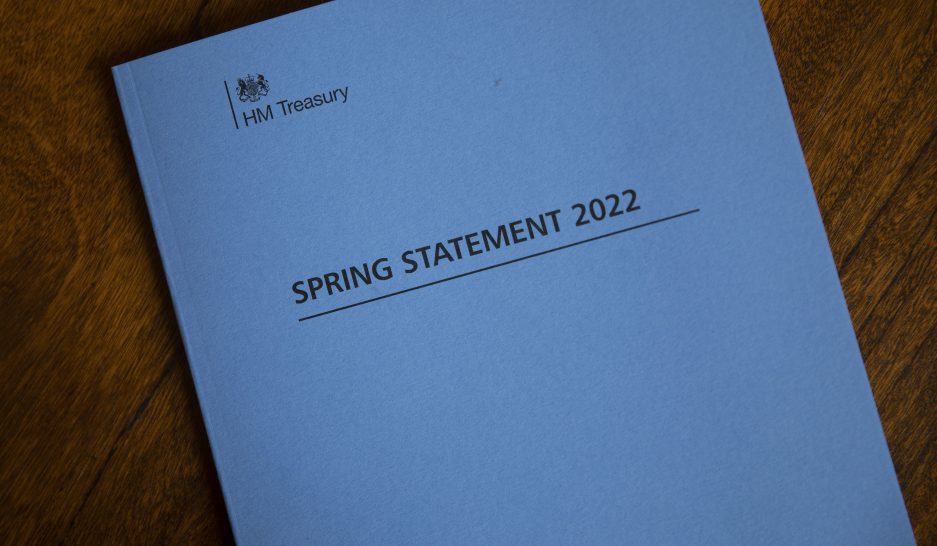In today’s Spring Statement, chancellor of the exchequer Rishi Sunak, revealed this would reduce the tax down from five per cent to zero.
This will include materials such as solar panels, heating pumps and roof insulation.
The Treasury said a typical family installing roof top solar panels will save more than £1,000 in total on installation following the reduction, and then £300 annually on their energy bills.
According to Energy Savings Trust, the average cost to install solar panels is £4,800.
The changes to VAT will take place from 1 April and will be in place for five years. It will not apply in Northern Ireland immediately, but the Northern Ireland Executive will receive a Barnett share of the value of this relief until it can be introduced UK-wide.
This is the share of government funding allocated to Northern Ireland.
Speaking today, Sunak said: “As energy costs rise, we know that energy efficiency will make a big difference to bills. But if homeowners want to install energy saving materials, at the moment only some items qualify for a five per cent VAT relief. And there are complex rules around who is eligible.
“The relief used to be more generous. But from 2019, the European Court of Justice required us to restrict its eligibility. But thanks to Brexit, we’re no longer constrained by EU law.”
“So, I can announce for the next five years, homeowners having materials like solar panels, heat pumps or insulation installed will no longer pay five per cent VAT, they will pay zero.
“We will also reverse the EU’s decision to take wind and water turbines out of scope and zero-rate them as well.”
The government is also expanding the Energy Company Obligation to £1bn per year for 2022 to 2026. This scheme requires suppliers to improve the energy efficiency of low-income homes by installing different environmentally-friendly measures.















